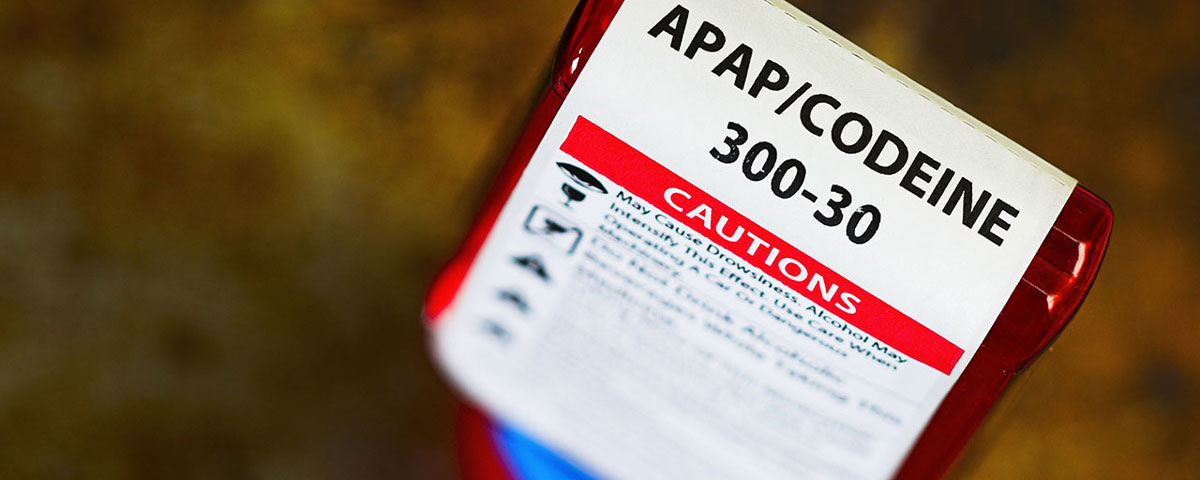The combination of promethazine and codeine is a common narcotic mix prescribed to alleviate pain and allergy symptoms; however, when this syrup is taken in high doses, it can cause severe side effects.
As a drug and alcohol treatment center in Chicago, we know that mixing any substances and abusing them can lead to addiction and other severe health problems. We’re sharing what we know about promethazine and codeine cough syrup and its dangers.
What Is Promethazine?
Promethazine hydrochloride is a synthetic antihistamine derived from phenothiazine. It was introduced into the market in the 1940s and has since been prescribed to treat allergy symptoms, cold and flu symptoms, motion sickness, and has been used as a sedative. Common promethazine brands include Promethegan, Phenadoz, Phenergan, and Anergan. When the body comes across a contaminant, the immune system releases histamines as a form of protection, causing allergic reactions. Promethazine treats these reactions, making the person more comfortable.
While it can help treat allergic reactions, promethazine can cause its own severe side effects when misused:
- Seizure
- Drowsiness
- Confusion
- Loss of consciousness
- Irregular heartbeats
- Fever
- Chills
- Swollen gums
- Sore throat
- Dry mouth
- Bruising
- Stiff muscles
Promethazine is addictive and should only be taken if and as prescribed by a doctor. Those who find themselves unable to quit using promethazine should come to Banyan Treatment Centers Chicago and get help with our PHP treatment in Illinois. During treatment, patients will learn how to manage addiction cravings and lead a healthy, addiction-free life.
What Is Codeine?
Codeine is a prescription opioid analgesic that’s used to treat mild to chronic pain. Codeine may also be mixed with other medications to treat cough. This is why cough syrup containing codeine and promethazine is so common. Codeine works by changing the brain’s response to pain. In addition to alleviating pain, it can also cause side effects like:
- Hallucinations
- Fever
- Sweating
- Muscle stiffness
- Loss of coordination
- Nausea and vomiting
- Erectile dysfunction
- Increased heartbeat
- Rash
- Blurred vision
- Hives
- Shallow breathing
Codeine is highly addictive and is particularly dangerous when mixed with other substances, like promethazine. If misused or taken without a prescription, it can lead to physical and psychological dependence.
What Is Promethazine and Codeine Mix and Why Is It Dangerous?
Promethazine and codeine, also referred to as Phenergan-codeine, is a combination medicine that can alleviate cold or allergy symptoms as well as pain. When promethazine is mixed with codeine and other similar drugs, it can alleviate pain as well. Because these two medications cause their own set of side effects, mixing promethazine hydrochloride and codeine can intensify these symptoms. Frequently ingesting medicine or syrup with codeine and promethazine can also result in addiction. As part of the opioid family, codeine has a high potential for abuse, and mixing it with promethazine can be dangerous.
Common side effects of promethazine and codeine include:
- Severe drowsiness
- Sleepiness
- Headaches
- Anxiety
- Vision problems
- Loss of consciousness
- Ringing in the ears
- Nausea and vomiting
- Digestive problems
- Insomnia
- Dry mouth
- Rash
When misused or taken in high doses, promethazine and codeine can also cause muscle stiffness and involuntary movements like twitching and spasms.









